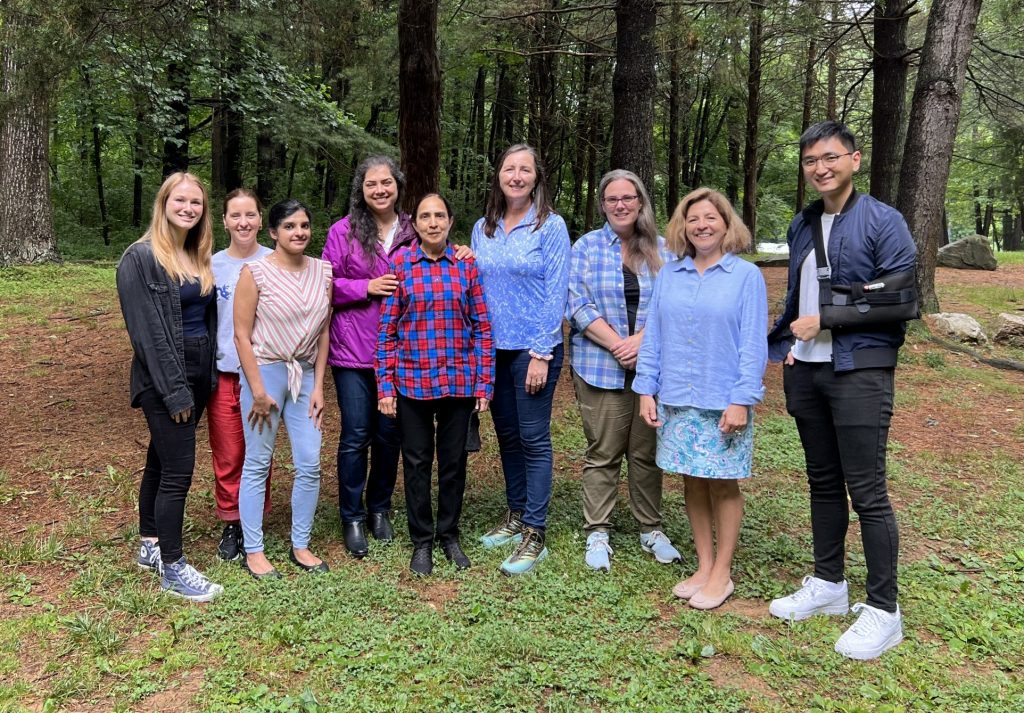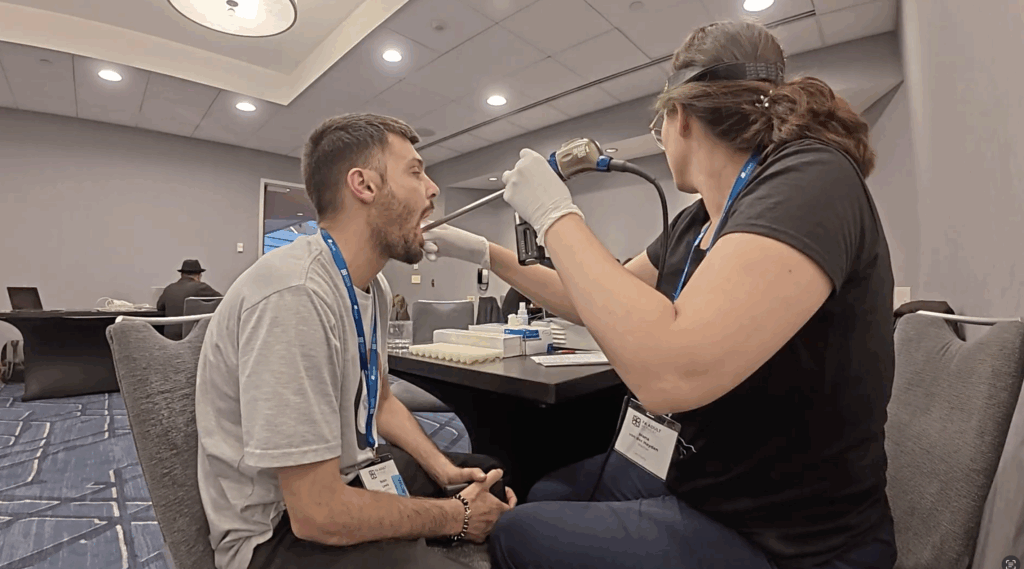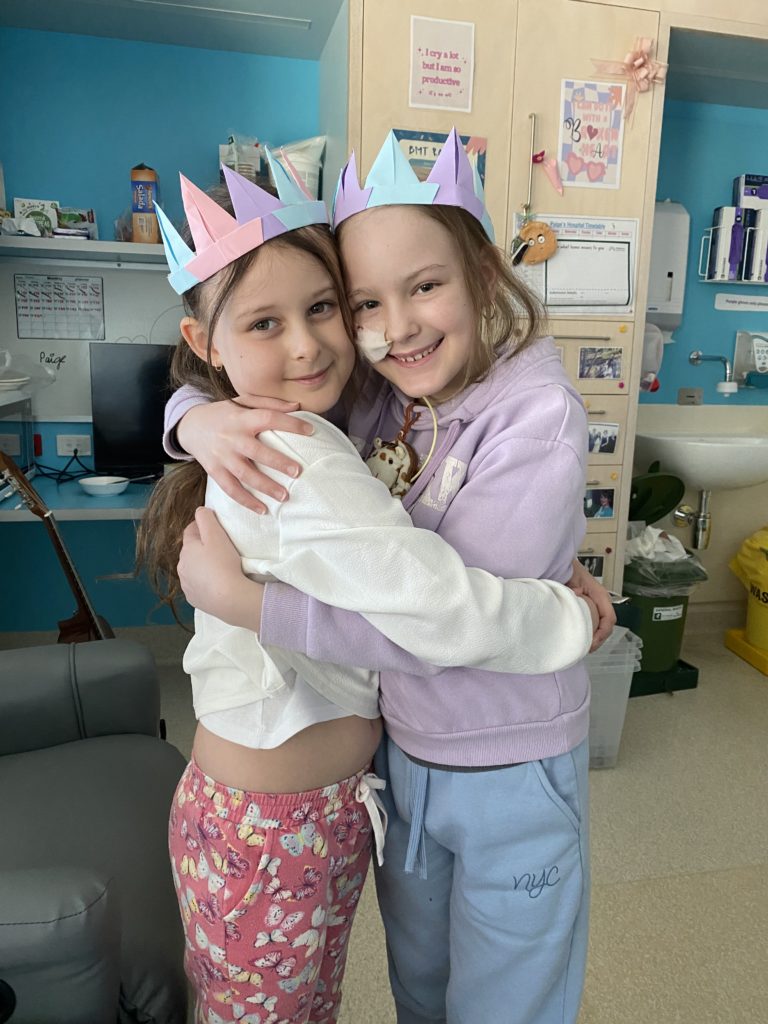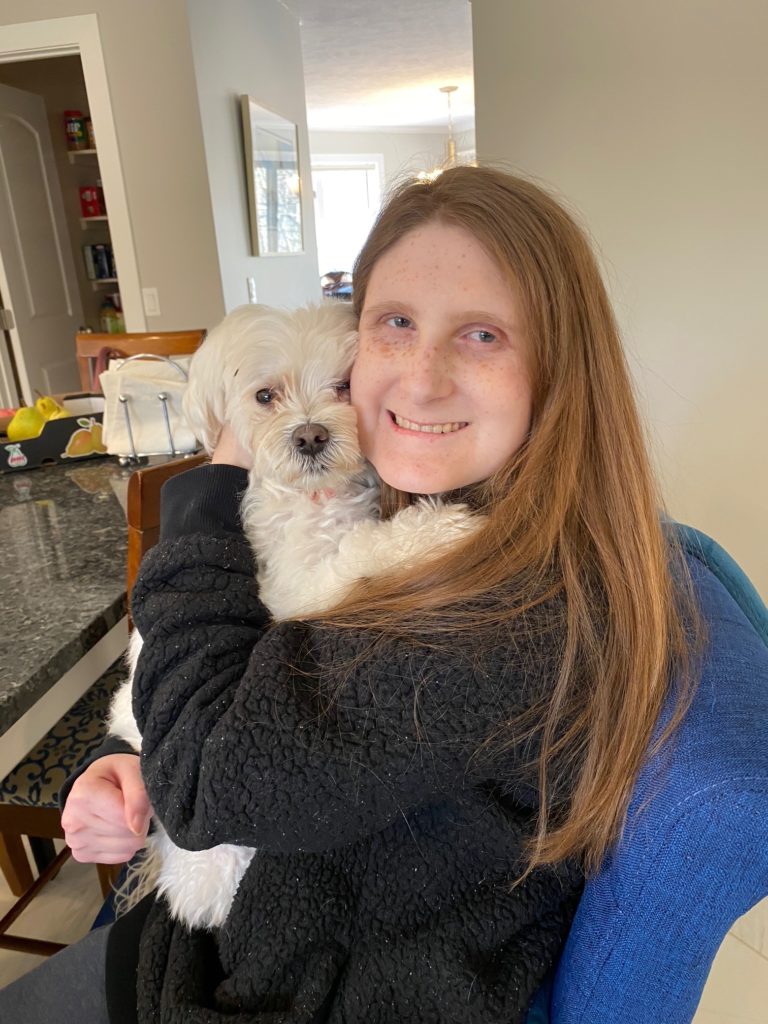What to Know: 8 FA Cancer Facts to Remember
Fanconi anemia is a DNA repair disorder and cancer pre-disposition disease.
Even though the disease is called “Fanconi anemia”, FA is a cancer-predisposition or cancer-susceptibility disease caused by mutations in genes involved in DNA repair.
People with FA have an increased risk for certain types of cancers.
- If cancers develop in a person with FA, they are particularly prevalent in the following areas:
- Blood-related cancers such as leukemia (thanks to research, outcomes are much better than even 20 years ago)
- The mouth and throat region (tongue, oral mucosa, larynx, esophagus)
- The genitalia and the anal area
- Some individuals with FA also develop tumors in the skin, breast, and liver.
- Some people with variants in FA genes such as FANCD1/BRCA2, FANCN/PALB2, and FANCS/BRCA1, may need additional screening for tumors that can also develop in the brain, kidney, or blood.
Standard cancer treatment in people with FA is very complicated.
- Surgery remains the most effective treatment for cancer in FA. The earlier cancer is detected, the less invasive the surgery will be, and the better the quality of life. Regular screenings are the best way to detect changes early.
- Chemotherapy and radiation have typically not been used due to potential toxicities associated with these therapies. We now know, however, that in some cases, a specially designed treatment protocol for people with FA can involve these types of treatments safely.
Educating yourself and being proactive are key. This means regular check-ups and at-home screenings.
- Though there are no specific FA studies on the impact of lifestyle factors, we can apply what we know about the general population as healthy preventative measures, especially: don’t smoke and exercise regularly.
- Regular check-ups (every six months) at the dentist, ENT doctor, and gynecologist are very important for people with FA.
- Cancer doesn’t develop overnight, but usually over the course of years. Sometimes it can develop more rapidly, which is why regular check-ups and at-home screenings are so helpful at intercepting it.
You’ll need to help educate your doctors about FA and cancer risk.
You need to be checked by doctors more thoroughly and earlier than people without FA. Many doctors not affiliated with FA centers will be unfamiliar with the increased risk of cancer that happens at an earlier age in people with FA. Educating your local treatment team about your increased risk, by using educational materials provided by FCF, may be needed. This will ensure their diligence with monitoring your health closely and implementing the appropriate early detection screening protocols.
If you’ve had a bone marrow transplant and experienced graft-versus-host disease (GvHD), early detection for cancer becomes even more important.
If you have had a bone marrow transplant (BMT), your risk of developing tumors may increase, especially if you’ve have had significant acute and/or chronic GvHD disease and/or very severe mucositis (inflammation of the lining of the mouth). In this case, it is even more important to regularly attend cancer screening appointments.
If you see a spot in your mouth that you’re worried about, try to stay calm.
Most spots are harmless. If it’s still there after three weeks, there are several options for next steps:
- Reach out to your primary care (FA specialist), ear nose and throat physician, or any other specialist taking care of your oral cavity, such as an oral surgeon.
- If you are located in the United States, you can reach out to Dr. Neelam Giri at the National Institutes of Health to enroll in the FA cancer screening study.
- If you are outside of the United States, you can contact the FA Cancer Awareness Team, Christine Krieg and Eunike Velleuer-Carlberg, who will help direct you to the appropriate professional.
If you are diagnosed with cancer, you are not alone. We are here to help.
We know your doctor may not be an FA expert, especially when it comes to cancer. That’s why we formed the FA Virtual Tumor Board, so that your doctor can meet with FA experts to help decide the best treatment plan for you. You can reach out to FCF and we can help connect your doctor to the tumor board.
There are many support services specific to cancer. We can help you access resources you may benefit from, including support groups, navigating insurance and disability, connecting with others affected by FA, locating FA expertise, and more.







